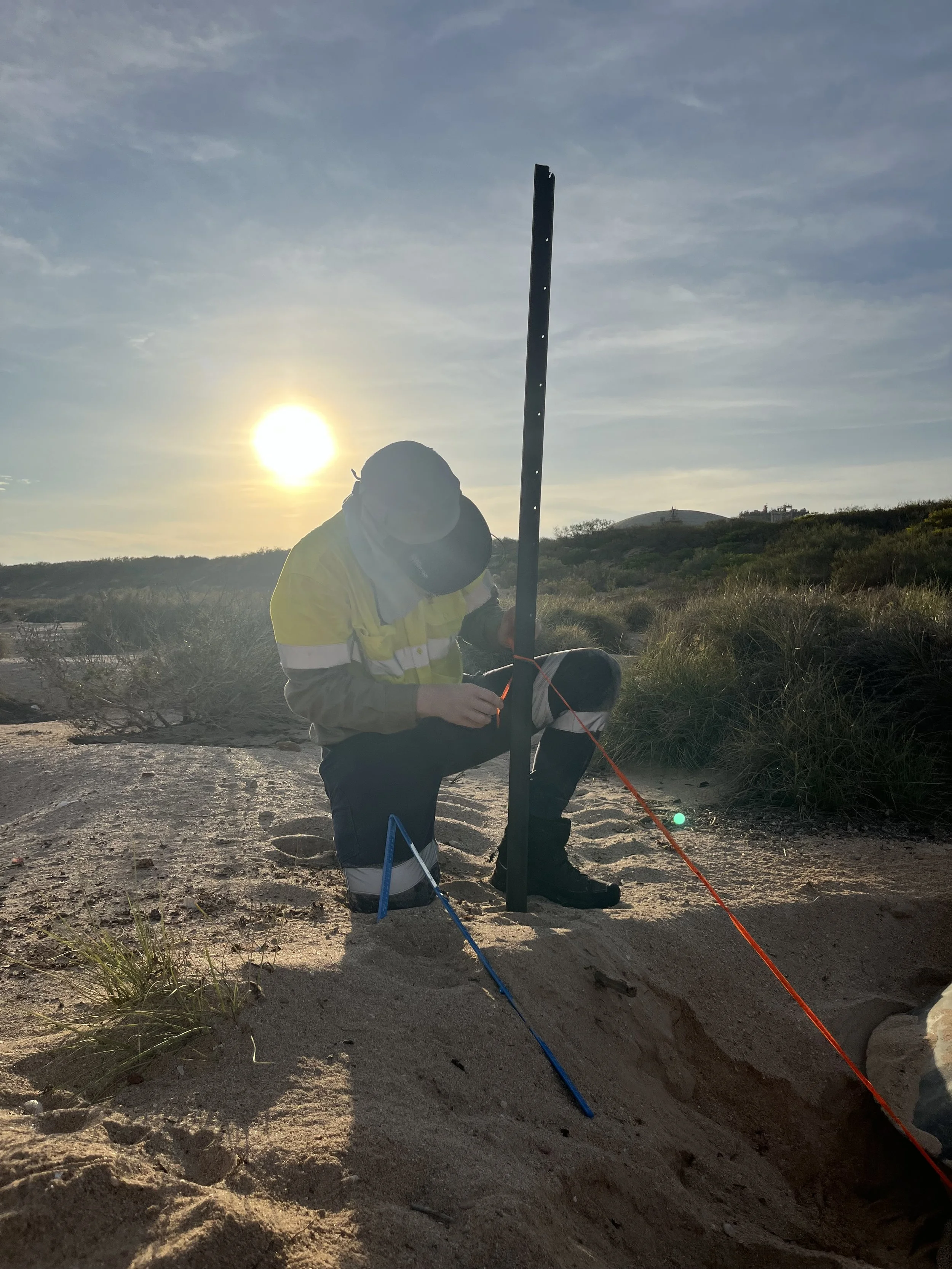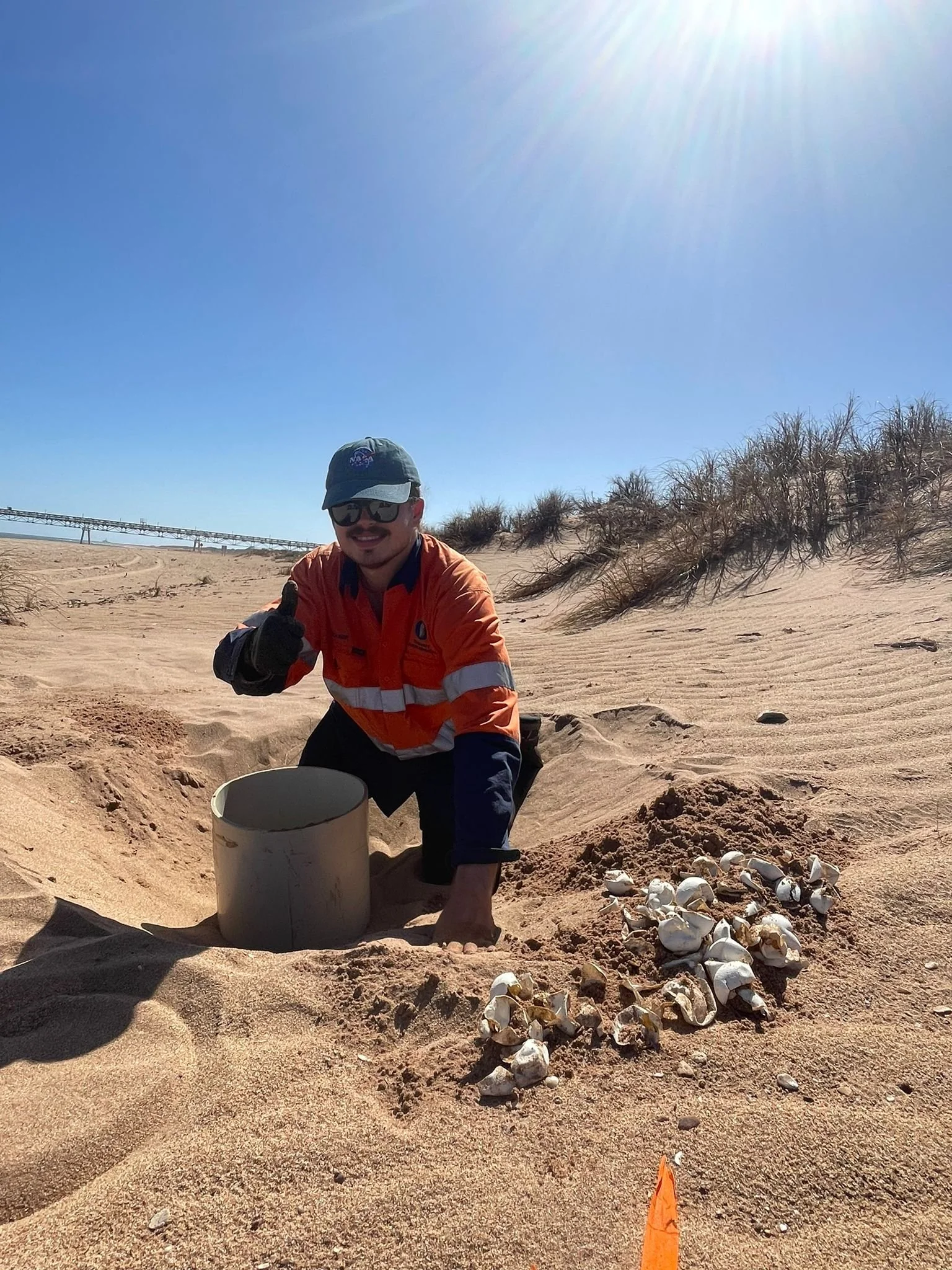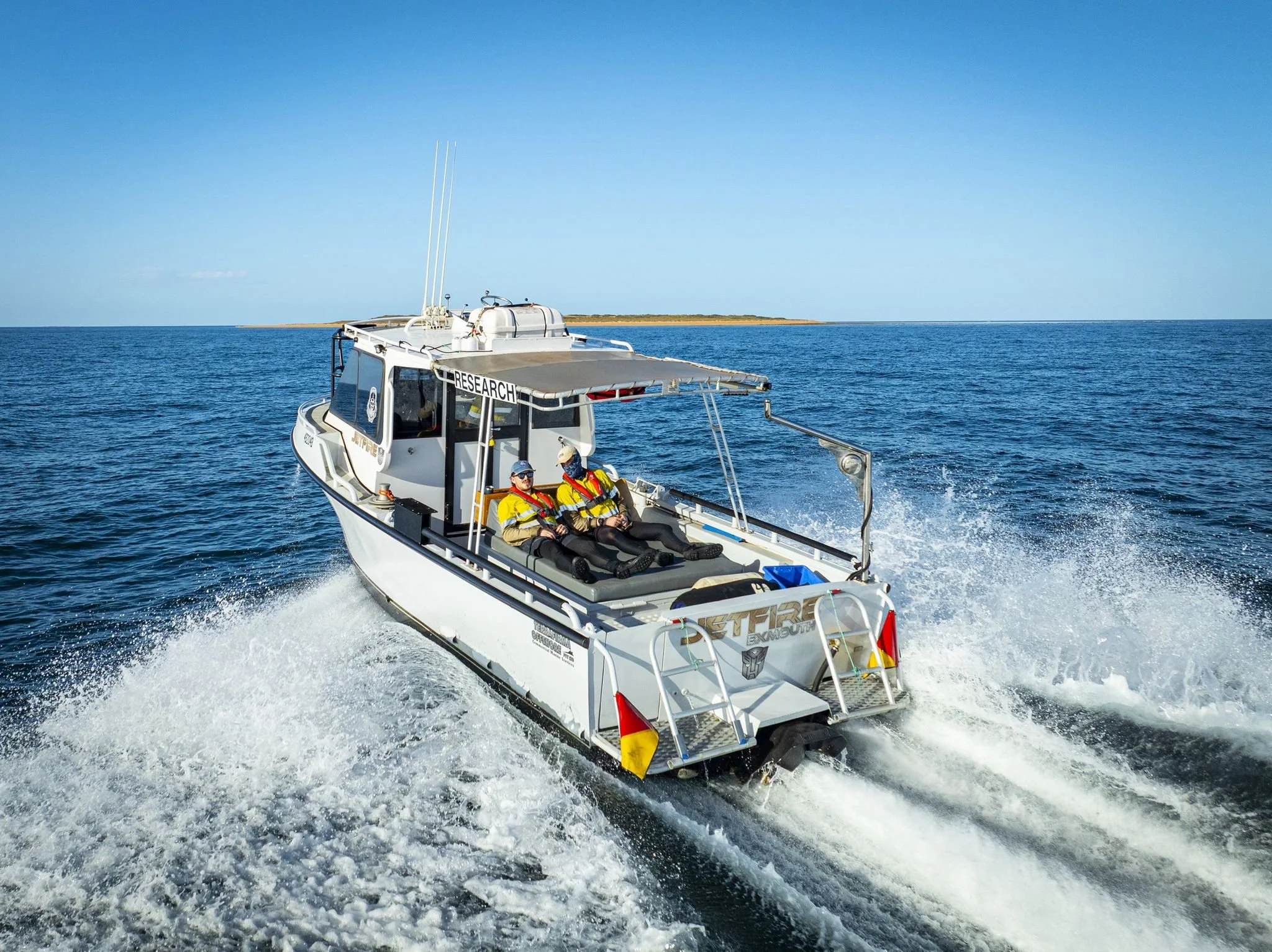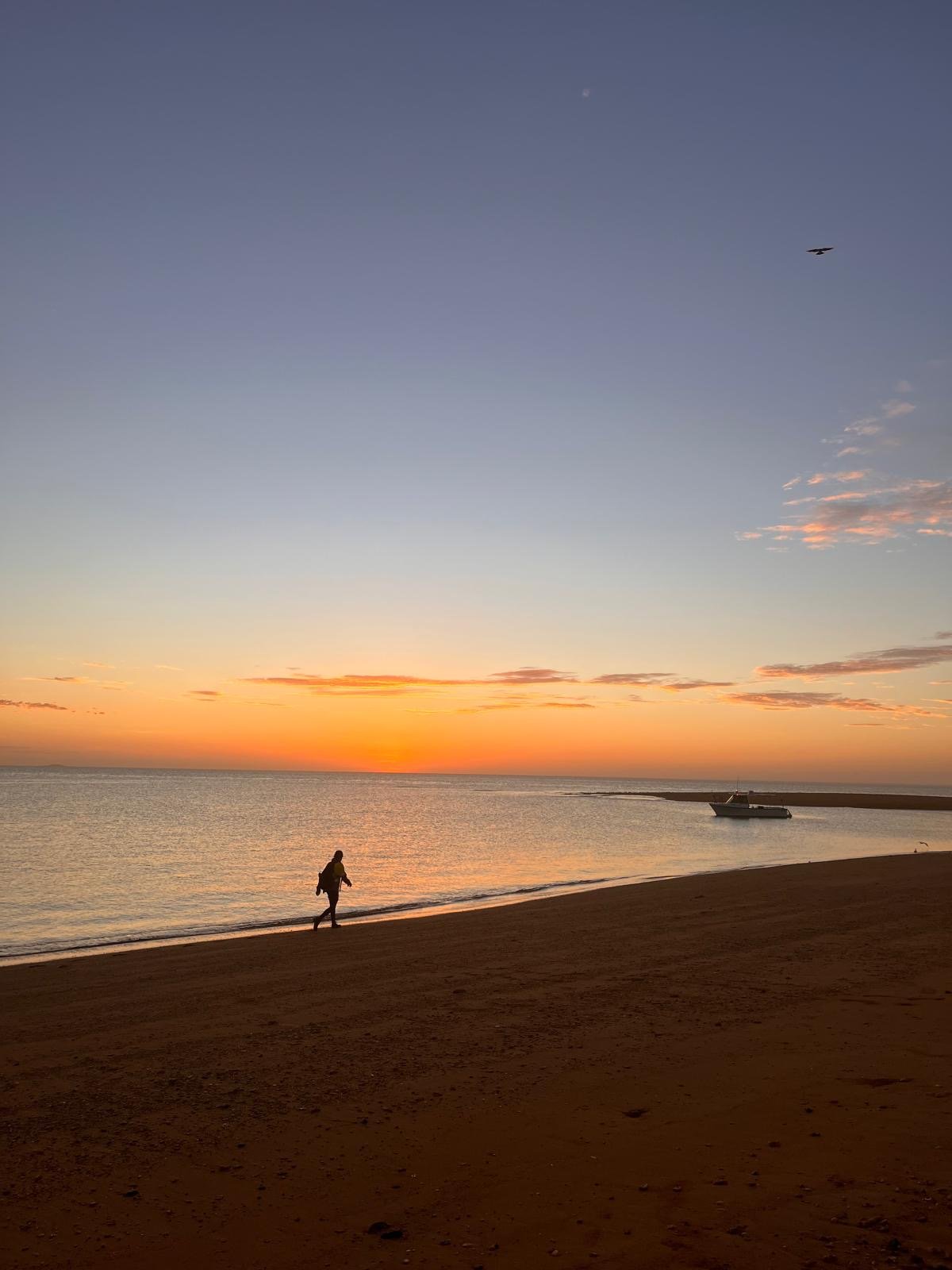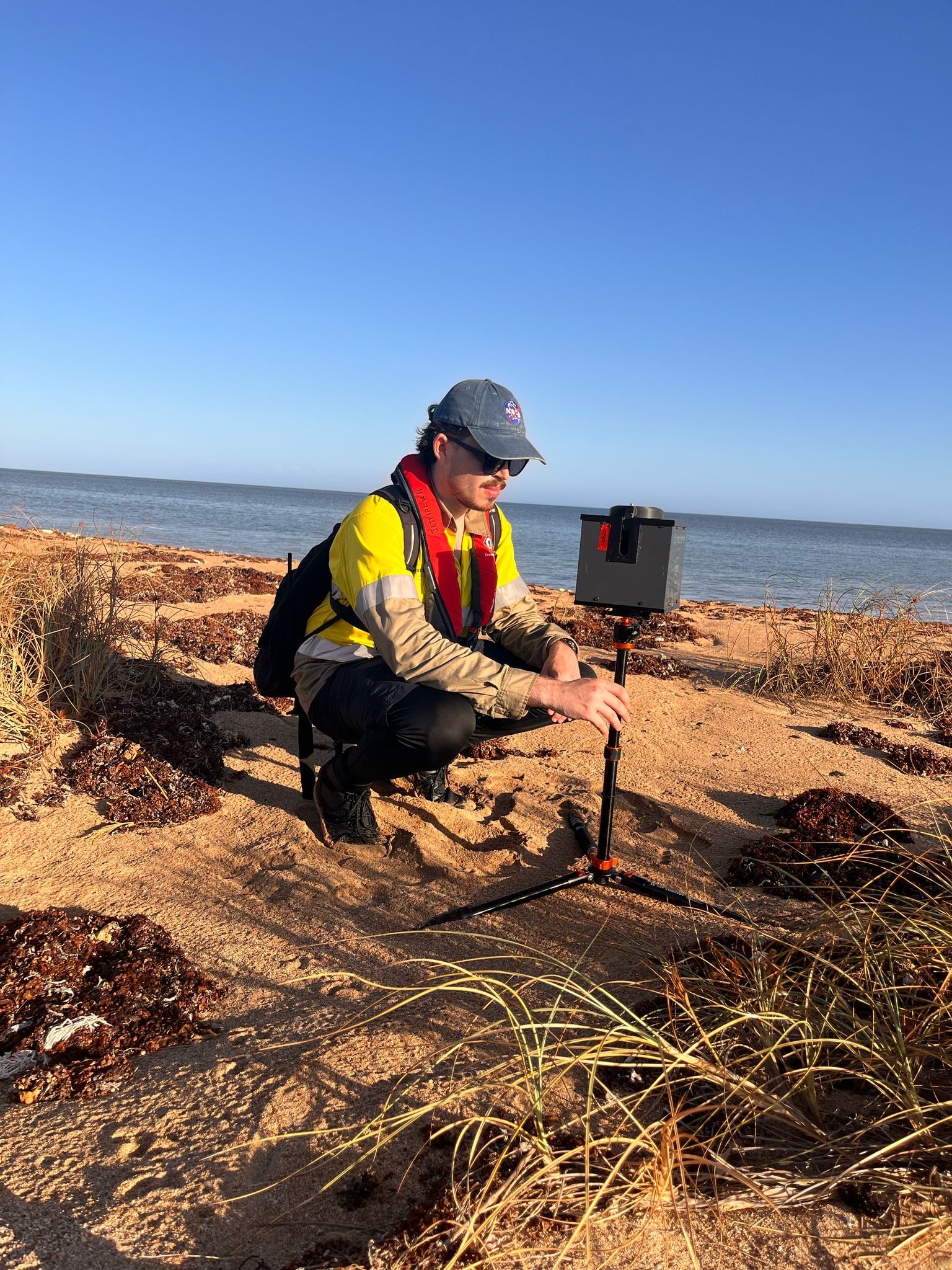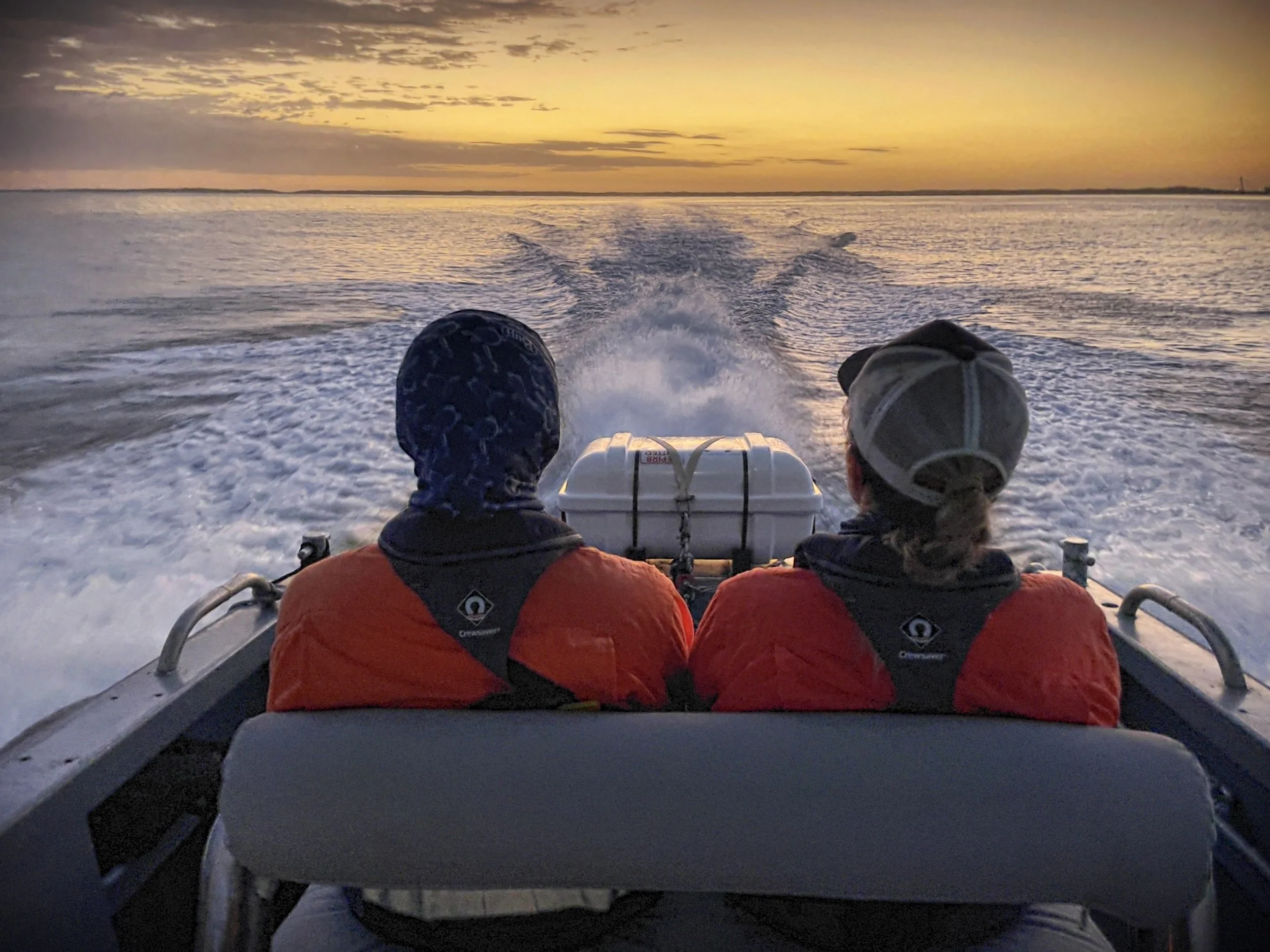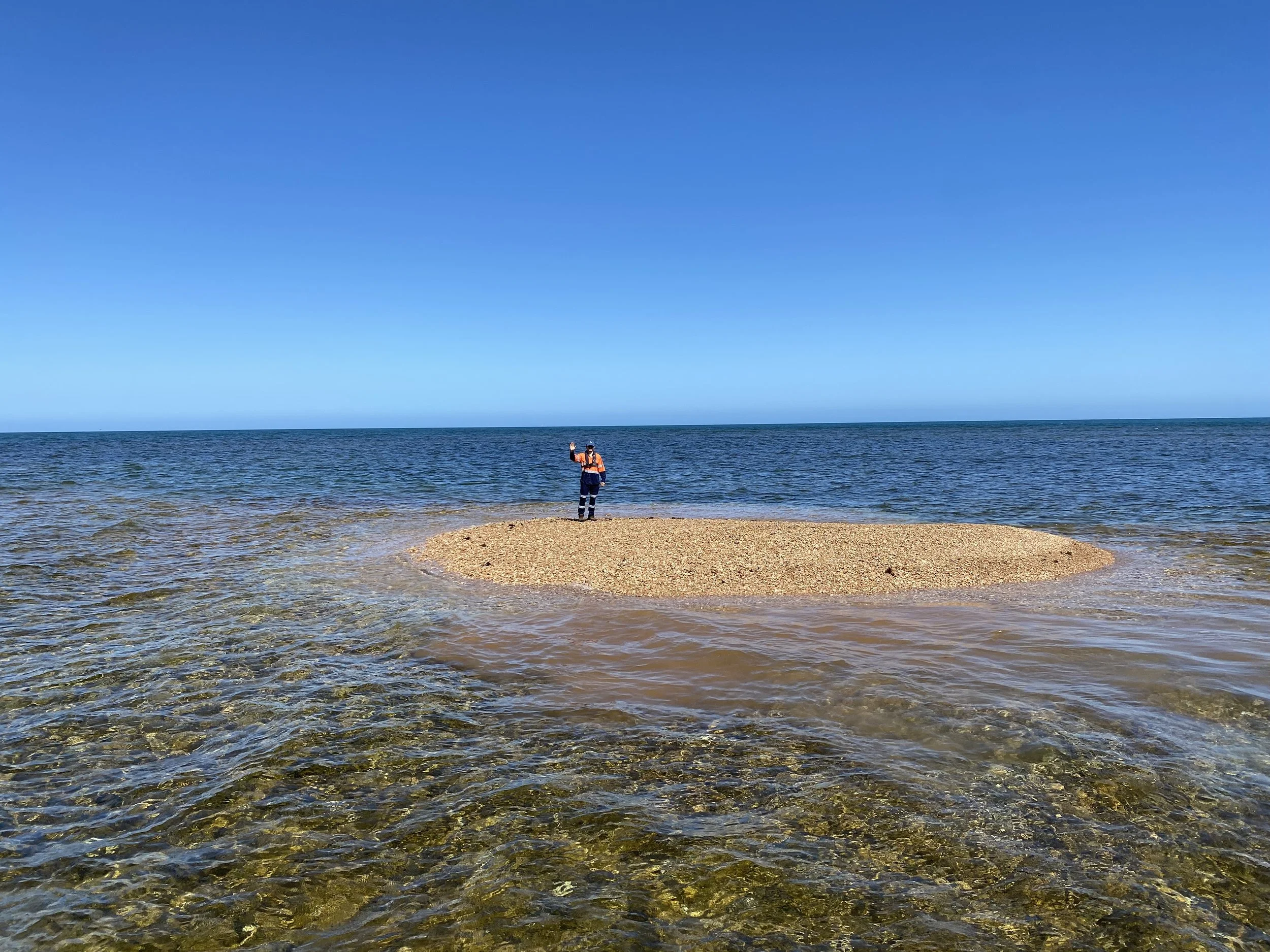Meet the Team
-

Dr Paul Whittock
Director & Principal Ecologist
-

Adam Mitchell
Director & Principal Ecologist
-

Elliott Charlton
Senior Technical Specialist
-

Fraser Matthews
Senior Technical Specialist
-

Dr Lauren Peel
Senior Ecologist
-

Dr Lisa Nicholson
Principal Ecologist
-

Dr Sean Williamson
Senior Ecologist
Dr Paul Whittock
Director & Principal Ecologist
Since first working with leatherback turtles in 2002, Paul has dedicated his education and professional career to the conservation and management of marine turtle species around the world. Based in Australia since 2009, he has led high-profile marine turtle and artificial light monitoring programs for major industry clients including Chevron, Santos, and Rio Tinto. Recently certified as an Environmental Practitioner (CEnvP), Paul focuses on collecting high-quality data and using technology to improve the safety, efficiency, and effectiveness of monitoring programs in remote regions, with the goal of protecting marine turtle populations. His academic background includes a Bachelor’s degree (with Honours) in Ocean Science, a Master’s degree on climate change adaptation in marine turtle management, and a PhD examining industry threats to offshore marine turtles in Western Australia. He is also a member of the IUCN Marine Turtle Specialist Group (MTSG), a qualified UAV pilot, and the Director of Information Technology for the International Sea Turtle Society.
Adam Mitchell
Director & Principal Ecologist
Adam has committed the last ten years of his professional life to developing novel tools for artificial light monitoring and modelling, and understanding how to assess the impact of artificial light on marine turtle hatchlings and other wildlife. Combining his background in marine biology and software development, he is uniquely qualified to find ways of bridging the gap between science and technology in the name of conservation and protection of vulnerable wildlife. His consulting work has taken him all over Australia, undertaking behavioural monitoring surveys and measuring artificial light at sensitive habitat.
Elliott Charlton
Senior Technical Specialist
Elliott specialises in artificial light and its impact on wildlife, developing advanced light modelling techniques for industry use and visualising complex analysis in biologically meaningful ways to support practical mitigation measures. With experience delivering project-specific models for clients such as BCI Minerals, Chevron Australia, Mineral Resources, NEOM, Rio Tinto, and TasPorts, he brings both national and international expertise. Elliott holds a Bachelor’s and Master of Research in Astrophysics from Curtin University, where his thesis focused on astrophysical simulations, and he now applies his analytical and problem-solving skills to conservation-focused consulting. A passionate advocate for astronomy and dark skies, he also serves on the board of the Australasian Dark Sky Alliance (ADSA).
Fraser Matthews
Senior Technical Specialist
Fraser is a Senior Technical Specialist at Nocterra who works primarily in the development and execution of our artificial light monitoring, modelling and auditing services. His background in physics and mathematics allows him to analyse and interpret artificial light data and effectively communicate results in the context of environmental approvals and conservation. Fraser has managed and delivered projects for a wide range of clients, both locally in Australia, and internationally, including RSK, ERM, Santos, Advisian, and Chevron.
Dr Lauren Peel
Senior Ecologist
Lauren is a Senior Ecologist at Nocterra with extensive experience in quantifying the movement patterns, distribution, and behaviour of marine megafauna relative to both management plans and potential impacts. She completed her PhD in Marine Ecology at The University of Western Australia in 2019, where she studied the movement patterns and feeding ecology of reef manta rays in Seychelles. Since then, she has managed numerous long-term marine turtle, seabird, and artificial light monitoring programs for proponents in the resource industry, while continuing to contribute to marine megafauna research efforts both in Australia and internationally. She enjoys the challenge of designing and executing novel monitoring plans in remote locations and working with proponents to solve the problems that inherently arise at the intersection of conservation and development.
You can find Lauren’s scientific publications here.
Dr Lisa Nicholson
Principal Ecologist
With over 30 years of marine fieldwork experience across a range of remote and diverse environments, Lisa specialises in seabird and shorebird conservation, with a particular focus on the coastal and island habitats of Western Australia. Her interest in seabirds and shorebirds stems from awe of their biology and an understanding that they represent "sentinel" species that are bioindicators of the health of the marine ecosystems in which they live. Lisa's work history spans industry, government, academic, and not-for-profit sector projects. She has an extensive academic and research history which has resulted in two theses, peer-reviewed scientific publications, project specific reports and the facilitation of educational conservation-based field camps and community workshops. Lisa is motivated by understanding how human activities affect fauna populations and their key habitats, which informs her work with mitigation of artificial light impact pathways upon fauna, in accordance with the National Light Pollution Guidelines.
Dr Sean Williamson
Senior Ecologist
Sean is a marine turtle biologist and conservation practitioner with over a decade of experience spanning academic research, environmental consulting, and community coordination. He has worked extensively across Australia and Internationally to support long-term marine megafauna monitoring and conservation programs. Sean has led long-term marine turtle monitoring programs for proponents to support effective data-driven management for ecologically sensitive areas. He also coordinates the Queensland Marine Turtle Network (QMTN), a collaborative initiative bringing together community groups, Traditional Owners, research groups and government to strengthen marine turtle conservation across the Queensland. Sean’s academic background includes a PhD focused on the ecophysiology of crocodiles and sea turtles, and he continues to supervise postgraduate students both with Australia and Internationally. A member of the IUCN Marine Turtle Specialist Group, he is passionate about producing high-quality scientific data that informs practical conservation outcomes, and supporting inclusive partnerships across science, industry, and community.
Our Logo
The Nocterra logo draws inspiration from our core services and the natural elements of our area of expertise. The hexagonal shape reflects the recurring patterns found on a sea turtle’s shell, known as scutes, and when layered, the central design symbolises beams of light.


















